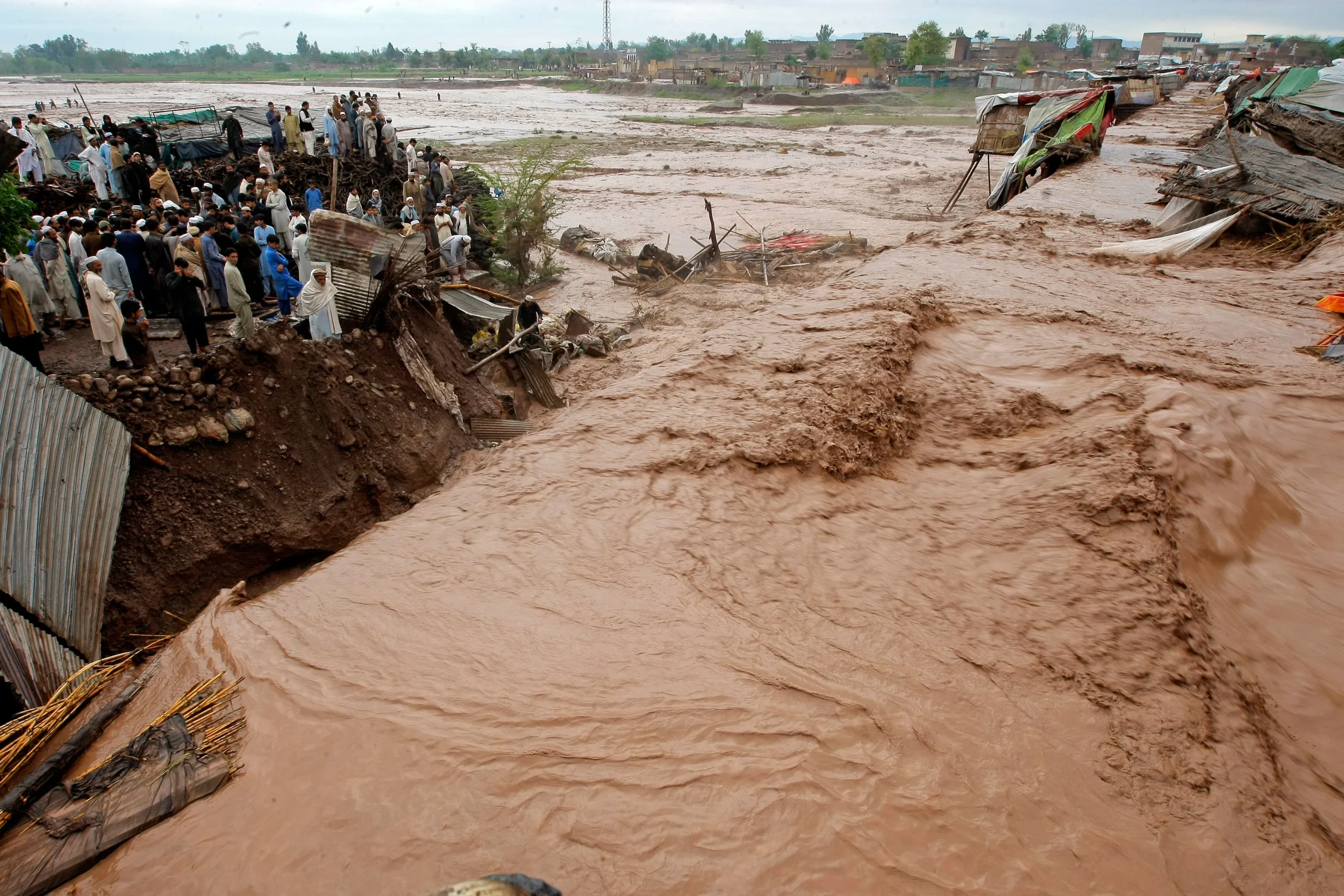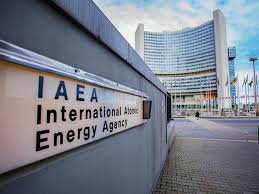Editorial
Pakistan’s digital revolution has been gaining momentum in recent years, with the emergence of various e-commerce businesses, tech start-ups, software houses, and a freelance economy. This digital transformation has the potential to significantly boost Pakistan’s economy. However, despite the hype surrounding this digital transformation, there are still significant doubts about its effectiveness in penetrating the country’s socioeconomic fabric. The recently released Digital Development Index (DDI) report by the UN Development Program (UNDP) has only served to solidify these doubts.
The report underscores the stark reality that over half of Pakistan’s population needs access to the Internet, a vital resource that is often unavailable due to inadequate digital infrastructure and affordability challenges. Moreover, the report reveals a disturbing disparity in digital development progress, with Pakistan’s richest quintile experiencing a development rate 15 times greater than the poorest quintile. This disparity underscores the urgent need to address the digital divide and ensure that all segments of the population can benefit from the digital revolution.
There are also significant disparities in the level of human development outcomes across different parts of the country, with districts that perform better on digital transformation exhibiting higher human development outcomes. Additionally, the report highlights that women are considerably underserved, with a shocking 83.5% of them stating that they do not have control over decisions regarding phone ownership, leaving this decision in the hands of either their spouse or parents. Addressing this gender gap in digital access and use could empower women in Pakistan, leading to improved socioeconomic outcomes.
Pakistan has been categorized as ‘moderate’ when it comes to digital development, resulting in low rankings on both the Human Development Index and the Gender Inequality Index. Although the report highlights some encouraging aspects, including the 87.35 million internet users in the country and significant mobile connectivity, there are still considerable quality and connectivity issues. Fixed broadband charges remain unaffordable for most, and the digital payments ecosystem is less than ideal.
Digital technologies have become as indispensable as essential services like electricity, healthcare, and education. However, frequent arbitrary internet shutdowns for political purposes have resulted in significant losses per day, indicating that the country is not according this significant resource the importance it deserves. The need for urgent policy reforms aimed at addressing poor access to the internet, inadequate data privacy and security, inconsistencies in the e-commerce regulatory environment, and the less-than-ideal digital payments ecosystem cannot be overstated. Immediate action is required to overcome these challenges and pave the way for a more inclusive and robust digital development in Pakistan.

















